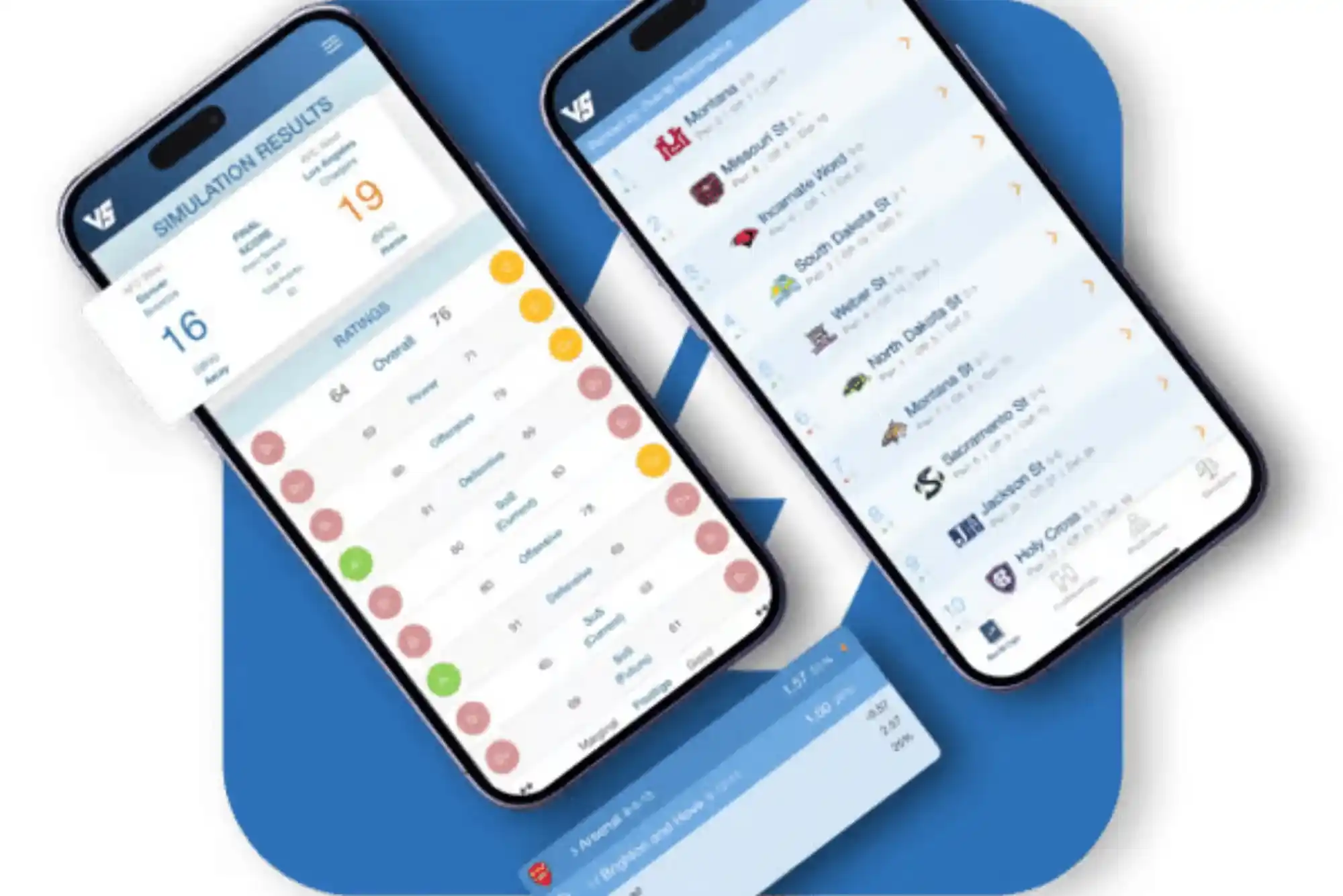The casino industry has always been quick to adopt new technology. From the first online casinos in the 1990s to the rise of mobile gaming, each advancement has redefined how people play. Now, the buzz is around virtual reality (VR). The idea of stepping into a fully immersive casino, walking past digital slot machines, and sitting down at a virtual poker table without leaving your living room is no longer science fiction—it’s becoming reality. But is VR truly the next big leap in gaming, or just another tech trend waiting to fade?
The Allure of Virtual Reality in Casinos
What sets VR apart from traditional online casinos is immersion. While clicking buttons on a screen can feel transactional, VR replicates the sensory environment of a physical casino. You don’t just click to spin—you pull the lever on a virtual slot machine. You don’t just watch cards appear—you feel like you’re at the table with other players, reading their avatars and body language.
This level of engagement could be a game-changer. For years, online casinos have tried to replicate the thrill of a physical casino. Live dealer games brought a human element, but VR adds a completely new dimension. Imagine walking into a virtual lobby where you can explore, socialize, and play in ways far more interactive than clicking through menus.
A Growing Interest Beyond Borders
VR casinos also highlight the globalization of gambling. Players today are no longer restricted to their local markets. Just as gamblers seek out platforms such as non uk casinos for more variety and freedom, VR offers an international stage where players from around the world can gather in one immersive space.
The technology is especially appealing for younger generations who grew up on video games. For them, the idea of combining gaming mechanics with gambling opportunities feels natural. Instead of viewing casinos as places solely about chance, they see them as interactive experiences where design, atmosphere, and socialization are just as important.
The Role of Technology in Immersion
Hardware advancements are driving VR casinos forward. Headsets are lighter, cheaper, and more accessible than ever before. High-speed internet and 5G connectivity make real-time interactions smoother, ensuring players don’t experience frustrating lag during gameplay. Meanwhile, game developers are investing heavily in graphics and physics engines to make virtual casino worlds as realistic as possible.
But it’s not just about visuals. Sound design, haptic feedback, and AI-driven avatars all contribute to a sense of presence. When you hear the clink of virtual chips or feel your controller vibrate as a roulette ball drops, it’s easy to forget you’re not in a real casino.
Social Interaction in Virtual Spaces
One of the overlooked strengths of VR casinos is community. Traditional online casinos can feel isolating—you’re alone with your screen, even if thousands of others are playing simultaneously. VR changes this by placing players in shared spaces. You can strike up conversations with other players, watch someone else’s big win at a slot machine, or even form groups to explore themed casino environments.
This social aspect mirrors real-life casinos, where the experience is as much about people-watching and interaction as it is about gambling itself. For players who enjoy the camaraderie of casino floors, VR offers a digital alternative that’s surprisingly authentic.
Challenges and Barriers to Adoption
Of course, VR casinos are not without hurdles. Hardware, while more affordable than before, still requires investment. Not every player is willing to buy a headset just to gamble. Developers also face the challenge of creating experiences that appeal to casual players who may not want the full immersion every time.
Regulation is another major factor. Gambling laws vary widely across regions, and integrating VR adds another layer of complexity. How do regulators ensure fairness in a space that blurs the line between gaming and gambling? How do they protect vulnerable players from excessive immersion that could encourage addictive behavior? These are questions the industry must answer before VR casinos can become truly mainstream.
Will VR Redefine Gambling?
The question remains: will VR truly become the next big leap in gaming, or will it remain a niche for tech enthusiasts? Early adoption shows promise, especially as major casinos and game developers are investing heavily in VR technology. Yet the industry’s success will depend on striking a balance—making VR engaging enough to attract gamers while keeping it accessible and regulated for casual players.
If these challenges are met, VR could do for casinos what mobile apps did a decade ago—transform them from something occasional into something ever-present. The ability to put on a headset and walk into a fully immersive, social, and interactive casino could well be the industry’s next turning point.
Final Thoughts
Virtual reality casinos may not replace traditional online platforms overnight, but they represent a glimpse into the future of interactive entertainment. By combining gaming mechanics, immersive design, and global accessibility, VR casinos offer something no previous innovation has: the chance to truly feel present in a digital gambling world.
For players seeking excitement, variety, and community, VR could be the next big leap. The question is not if VR will impact the casino industry, but how quickly it will become the norm. The casino of the future may be closer than we think—and it may not require a plane ticket to Vegas, only a headset and an internet connection.






